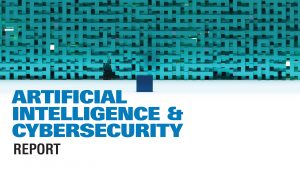In July, several U.S. Senators introduced the Revitalizing Downtowns Act to Congress. In our previous post, we discuss how the bill is modeled after the federal historic rehabilitation tax credit, would provide a federal tax credit equal to 20 percent of “qualified conversion expenditures” with respect to a “qualified converted building.
As the pandemic continues, many office buildings may remain vacant and unused, leaving downtowns with fewer opportunities for investment and revenue generation. One potential impact of the bill would be the increased investment in affordable housing. With many cities large and small struggling to provide enough affordable housing, the act would create an opportunity to develop vacant buildings into much needed affordable housing developments.
In addition to creating jobs, the creation of affordable housing has the potential to slow down the gentrification affecting many large cities, said former U.S. Congressman Lacy Clay, now a Senior Policy Advisor at Pillsbury.
Read more here.








